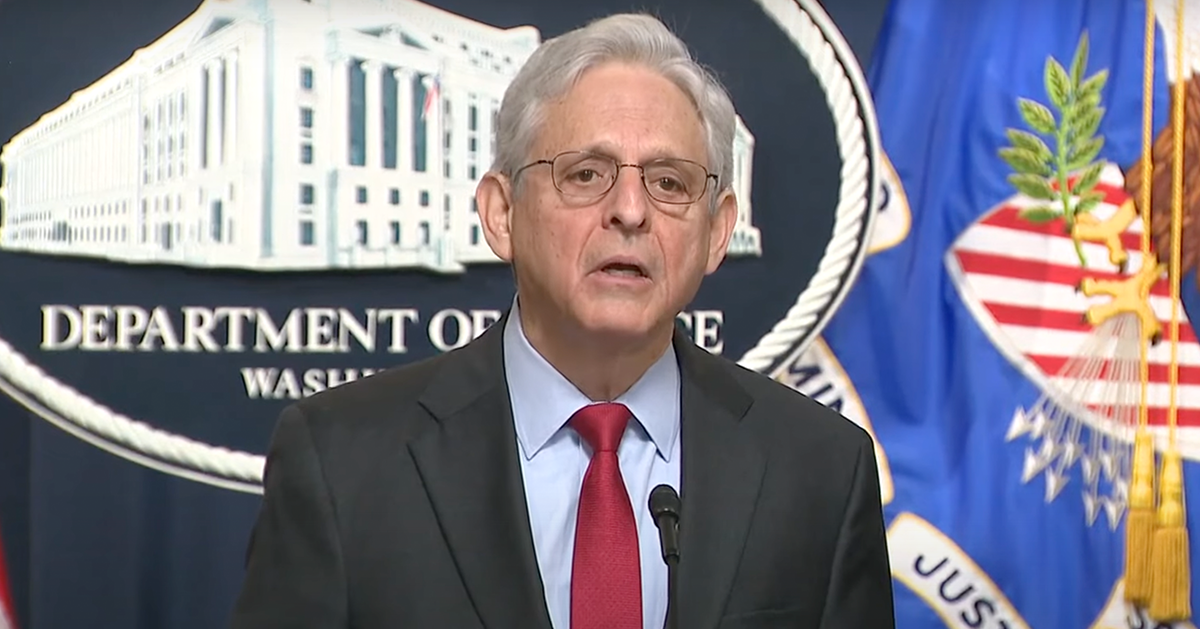Legal experts urging Jack Smith to seek removal of judge in Trump documents case
In a dramatic twist in the saga involving former President Donald Trump’s classified documents case, special counsel Jack Smith has been urged to push for a significant change in the courtroom.
Amid concerns of bias in favor of Donald Trump, special counsel Jack Smith is being advised to seek the removal of Judge Aileen Cannon from the high-profile case, as Newsweek reports.
Joyce Vance, a voice of authority in legal circles as a former federal prosecutor, has pointedly critiqued Judge Aileen Cannon's directive for lawyers to present competing jury instructions regarding the Presidential Records Act (PRA). Vance fears such a move could skew the jury's perception, potentially leaning in favor of Trump’s defense. This concern isn't isolated but part of a broader unease with Cannon's interpretation of legal guidelines in this landmark case.
Special Counsel Faces a Judicial Dilemma
The focus of these criticisms is Judge Aileen Cannon, appointed to her current role by Trump, whose previous rulings have, for some, called into question her impartiality in cases involving the former president. The legal community is on edge, watching to see how these calls are addressed amidst the ongoing investigations.
Further complicating the matter, the U.S. Court of Appeals for the 11th Circuit has stepped in, reversing Cannon’s decision that allowed Trump to contest a search warrant at his Mar-a-Lago estate. The higher court's decision to strike down her order for a special master to review the seized documents underscored the perceived overreach and prompted discussions about the judge's authority and potential biases.
Vance's outspoken critique draws a parallel between Judge Cannon's actions and a seminal case, U.S. v. Martin, in which a judge was removed after "repeated reversals". This comparison underscores the gravity of the situation and the possible implications for judicial impartiality and the integrity of the trial process.
The Complexities of Changing Judges in High-Profile Trials
Addressing Judge Cannon's handling of the case, Vance articulated concerns that further rulings might fail to correct the perceived biases seen so far. The call for Cannon's recusal, while bold, presents logistical challenges, notably the delay it could cause in the trial process. A new judge would need time to acquaint themselves with the case and the sensitive issues it involves, especially regarding classified information.
Despite these potential delays, Vance argues that the integrity of the prosecution is paramount. The fear is that allowing Cannon to continue could lead the trial in a direction that could potentially derail the prosecution's efforts and give Cannon undue influence over the case's outcome. Such a scenario is deemed less desirable than facing the delays that would come with appointing a new judge.
Smith's office has maintained silence on Vance's suggestions, choosing not to comment on the unfolding debate. Meanwhile, Trump and his legal team have positioned the Presidential Records Act at the center of their defense, claiming it grants the former president the authority to designate sensitive materials as personal property. This stance challenges the charges he faces for unauthorized possession of classified documents.
Legal and Public Scrutiny Intensifies
Repeated accusations have surfaced against Cannon, suggesting a predisposition in Trump's favor, especially concerning interpretations of the Presidential Records Act.
Critics argue that her decisions have skirted the edge of the law, forsaking a correct application and explanation, which, according to Vance, resembles the egregious missteps seen in the U.S. v. Martin case.
In her own words, Vance expressed deep concern over Cannon's approach: "Judge Cannon's decision was favorable to Trump by all but ignoring the law, refusing to apply it correctly, and rejecting the government's position without explaining why." This sharp criticism highlights a fear that Cannon cannot set aside previous views, casting a shadow over her ability to manage the case fairly.
"Her subsequent rulings have done nothing to ameliorate the early concerns about her ability to handle the case fairly," Vance added, shining a spotlight on the ongoing judicial drama that threatens to impact not only the outcome of this case but the broader perception of justice in high-profile trials.
Navigating the Judicial Challenges Ahead
The potential recusal of Judge Cannon touches upon a broader debate within the legal system -- balancing the need for expedient justice against the foundational principle of fair trial. Vance, in discussing the ramifications of seeking Cannon's recusal, noted: "Filing a motion for recusal now would almost certainly mean the case can't be tried ahead of the election because of the time it would take a new judge to get up to speed and the pendency of issues regarding the use of classified information."
Yet, despite acknowledging the delays such a move could cause, Vance firmly believes in prioritizing the trial's integrity over expedience: "But it would be better to run the risk of delay than it would be to give Cannon the opportunity to derail the prosecution in a way that would give her the final say over the fate of the case." This perspective underscores the complex dynamics at play in ensuring justice is served in a politically charged environment.
In conclusion, Judge Aileen Cannon's role in the classified documents case against Donald Trump has ignited a fiery debate over judicial impartiality and the complexities of the legal process in high-stakes trials. Criticisms from respected legal voices like Joyce Vance have catalyzed calls for Cannon's removal, amid fears of biased rulings and the challenges presented by potentially changing judges.
As the case proceeds, the decisions made will not only affect the immediate parties involved but also set precedents for the handling of similar cases in the future.





